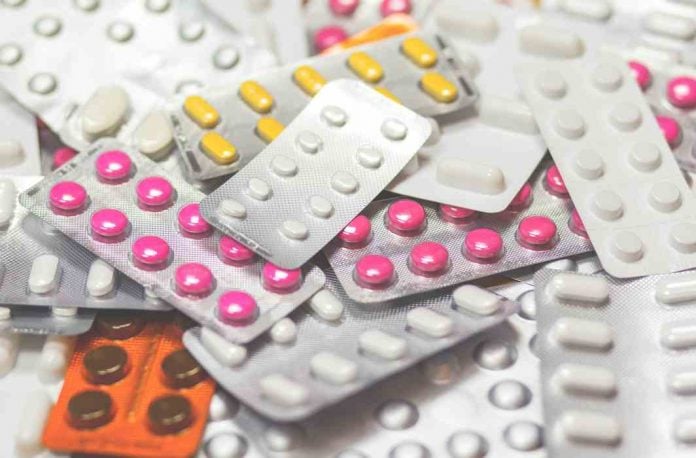The National Pharmaceutical Pricing Authority has hiked the prices of 12 life-saving essential drugs to ensure their availability as manufacturers were unable to sustain productivity
By Dr KK Aggarwal
In public interest, the National Pharmaceutical Pricing Authority (NPPA) has used its extraordinary powers to ensure availability of 21 low-cost drug formulations. Some are essential drugs, while others are first-line drugs used in national health programmes, the availability of which was getting affected for the last few years. The drugs were not available as pharmaceuticals had limited or no-profit margins. Limited stocks often used to finish by mid-year.
Doctors were, therefore, forced to write prescriptions for costly and often less-effective alternatives. These include costly antibiotics for the replacement of standard penicillin prophylaxis for rheumatic fever. Two other drugs which were in short supply are furosemide (to treat fluid build-up due to heart failure, liver scarring or kidney disease) and chloroquine (a malaria drug).
The NPPA noted: “Many companies have applied for discontinuation of the product on account of high cost of the raw material for these drugs. Access to these drugs cannot be jeopardised. Also, we did not want the public to be forced to switch to costly alternatives.”
However, the NPPA could change the pricing only under extraordinary circumstances. It has no routine powers to revise the prices of drugs and hence took a series of meetings and permissions to do so. It had to first establish the prices and notify the changes, monitor the prices of non-scheduled drugs and formulations and oversee the implementation of the provisions of the Drugs (Price Control) Order (DPCO).
A December 13 order said: “NPPA is cognizant that as per the prevailing policy, cost-based pricing is not feasible. To address the situation arising due to repeated price control, one-time price increase of 50% from the present ceiling price is being considered in public interest as an exceptional measure. Accordingly, NPPA invoked extraordinary powers in public interest under para 19 of DPCO 2013 for upward revision of the ceiling prices of the 21 scheduled formulations of 12 drugs by giving one-time increase of 50% from the present ceiling price.”
Para 19 gives power to the NPPA to control the prices of drugs that are not under the National List of Essential Medicines under extraordinary circumstances in public interest. It was on May 30, 2013, that the ministry of chemicals and fertilisers delegated powers under specified paras of DPCO to NPPA. NPPA receives regular applications for upward price revision under Para 19 of DPCO, 2013. These applications cite various reasons such as increase in API cost, increase in cost of production, exchange rates, etc., resulting in unviability in sustained production and marketing of various drugs.
In January 2019, the NPPA deliberated upon 49 such applications consisting of 72 formulations and shortlisted 19 for further examination. In another meeting in March 2019, it constituted a committee which recommended that these 19 formulations could be considered for an upward price revision to ensure availability of these medicines.
In another meeting in June 2019, the NPPA examined the recommendations of the committee and took a view that the revision of ceiling prices should be undertaken only in exceptional circumstances as there was neither a precedent nor any formula prescribed for it. Accordingly, NPPA further shortlisted 12 formulations and referred the issue to the Standing Committee on Affordable Medicines and Health Products (SCAMHP), NITI Aayog.
In a meeting in November 2019, SCAMHP said that there was a need to revisit the prices of the 12 formulations by allowing a one-time 50 percent increase from the present ceiling price. In another meeting later, the Committee recommended an additional nine formulations for revision of their ceiling price. Finally, at a meeting on December 9, 2019, the NPPA deliberated upon these 21 formulations and said they were low-priced drugs and under repeated price control. Most of these drugs are used as a first line of treatment and are crucial to the public health programme of the country. Many companies had applied for discontinuation of the products due to unviability.
NPPA noted that while ensuring affordability, access cannot be jeopardised and the lifesaving essential drugs must always remain available to the public. It was felt that unviability of these formulations should not lead to a situation where they become unavailable in the market and the public is forced to switch to costly alternatives.
The 50 percent hike is a welcome move as all these drugs were low-priced and leaving the market purposefully or due to no profitability. This move of the government will allow the country to move towards low-cost affordable healthcare.
—The writer is President, Confederation of Medical Associations of Asia and Oceania, and Heart Care Foundation of India
Lead picture: Image by Pexels from Pixabay


